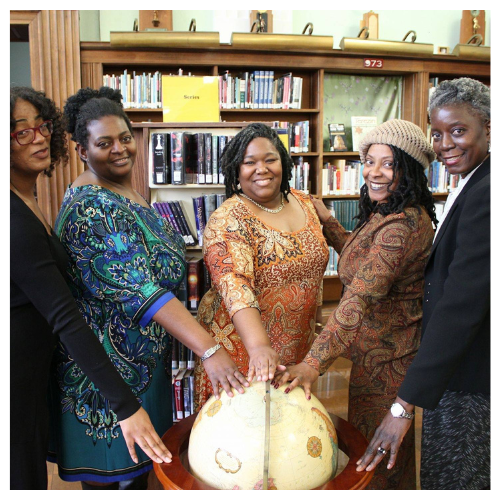

By agebuzz Contributing Editor Julie Buyon
Being sick, or being the caregiver for someone who is ill, can be tough to manage. As readers of this site know, getting help from friends and family can make a world of difference. They help in such personal and practical ways, such as making meals, driving you to appointments, taking notes at doctor appointments, picking up your dry cleaning – so many tasks to help you focus on healing. Even though many of your practical needs are being addressed, there may be some unmet emotional, spiritual and educational needs remaining. Joining a support group specific to your illness can help fill that gap.
Why Try A Group?
I have both led and participated in support groups – I know firsthand that they can be wonderful, and yet they can also be not-so-great. But I still think a support – or supportive – group is worth a try, and here are some reasons why:
The Mayo Clinic provides a great overview of support groups, but it’s important to know that not all groups that provide support are labeled as such. Joy Gambosi recently discussed how supportive a balance class is to her sister living with stage 3 Parkinson’s Disease. While not a “support” group, she learns skills for coping with the disease and socializes with others facing comparable challenges. Similarly, educational lectures, classes, and workshops can help you learn skills, techniques, and information while making connections with others affected by the same illness.
And there are many other kinds of supportive groups for people dealing with illness, such as book groups, knitting groups, choral groups, yoga classes, walking groups, etc., in addition to more traditional discussion-based support groups. Narrative Medicine workshops use literature as a pathway to healing, and other groups create artwork (clay, collage, painting, etc…), or use music and dance as a way to process and express the experience of illness. All of these groups can be therapeutic without being therapy.
When I was in treatment I loved attending exercise classes at my local Gilda’s Club (an organization for those whose lives are impacted by cancer), because I physically couldn’t keep up in classes at my gym. At Gilda’s Club, I didn’t have to explain why I couldn’t raise my arm high or bounce around to the music. Everybody in the room understood without the need for words.
Many people find the transition from active treatment to post-treatment difficult and disorienting. Survivorship groups help with this transition. And there are many groups providing support for people who are caring for someone who is ill – these are known as caregiver support groups. And just like patient support groups, the range of groups and activities are myriad.
How to Find a Group and What to Look For
Once you start looking you’ll likely find many different groups in your area, and an online group is an option if nothing in-person is nearby. Ask your physician, search online, and reach out to local and national advocacy groups for your illness (such as The American Cancer Society or The American Heart Association). There’s a group out there for every condition.
While you’re searching, be sure to ask these important questions:
Try a group for a few sessions and if it’s not helpful, simply don’t return. But do try to identify what specifically about the group makes it not right for you. It could be you’re not quite ready, or you didn’t like the leader or other group members, or the activity (such as book discussion or dance) isn’t something you enjoyed. Then consider trying a different group, or waiting several weeks to see if the participants and dynamics of the group you previously attended has changed. I think groups can be a bit like pasta – you have to throw a few pieces against the wall and see what sticks.
Many people are reluctant to try a group because they feel it is a sign of weakness; that they can’t handle things without help. Not at all. Support groups can be wonderful – not because you can’t manage this on your own, but because you don’t have to.
Julie Buyon is a palliative care patient advocate. She has professional and personal expertise in assisting people with complex illnesses navigate the health care environment. Julie’s role is to help patients feel empowered, and her agebuzz posts are intended to make sure agebuzz readers have all the tools and info they need to advocate for themselves and their loved ones. Julie would love agebuzz readers to email her at [email protected]with any questions or problems encountered with the health care system, and she will do all she can to address those issues in upcoming blog posts. She also welcomes feedback regarding her advice or recommendations. Read all of Julie’s agebuzz posts here and get in touch with Julie now at [email protected].